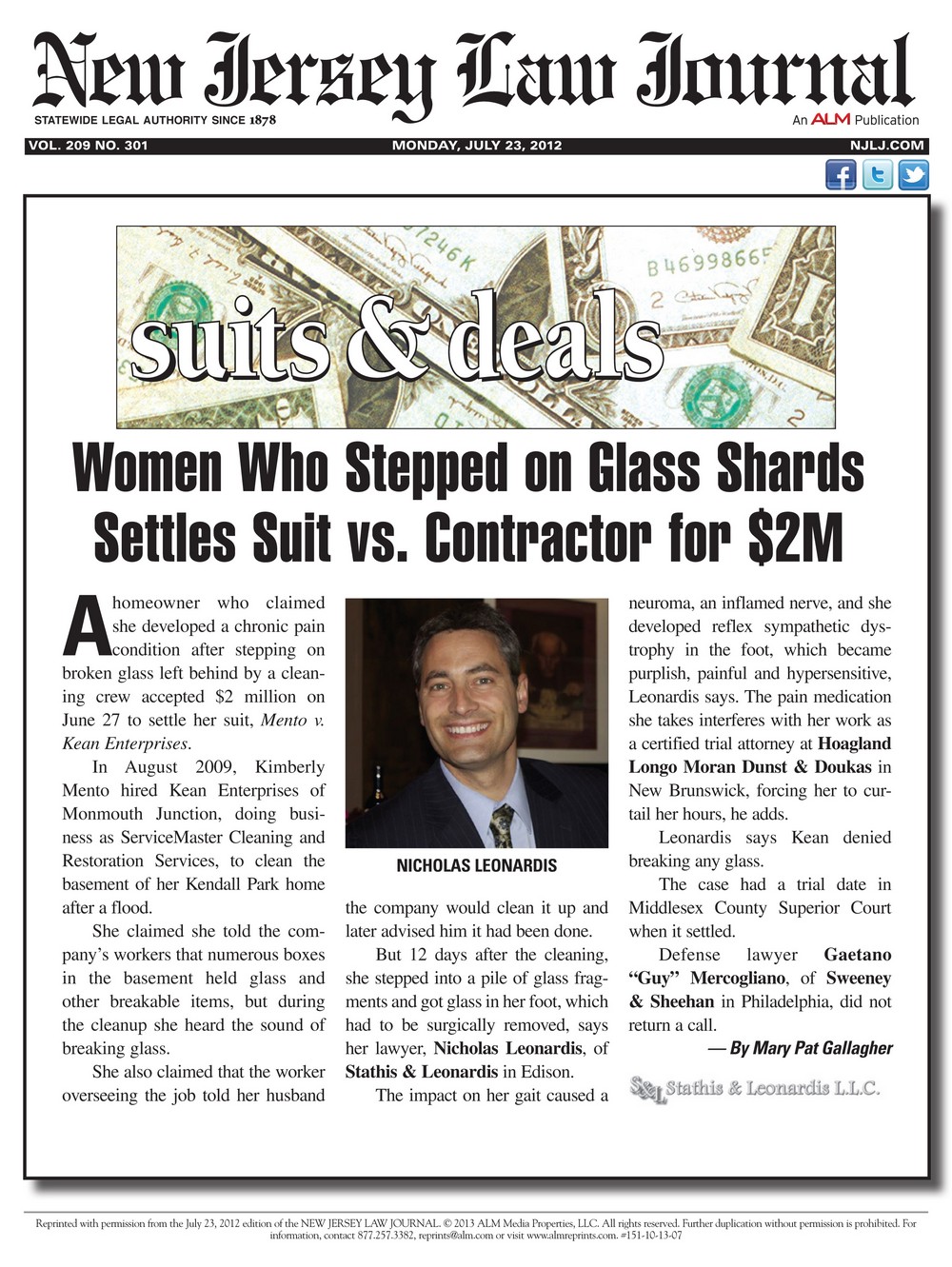
When you are injured in an accident you may experience severe physical pain and mental anguish. It is always recommended to pursue legal action for compensation to cover your expenses and losses. When filing a personal injury case it is natural to wonder about the legal process. Will a settlement be easily reached? Will you have to go to court? Whether or not your personal injury case goes to trial depends on a multitude of factors. Work with a Middlesex County personal injury attorney during your case to ensure your rights are protected and you receive the compensation you deserve.
Will My Case End Up in Trial?
Very few personal injury cases wind up going to trial, around 5% or less. Most injury cases are resolved through a settlement offer from the defendant and their insurance provider. Some individuals choose mediation to negotiate a suitable agreement. However, when an agreement cannot be reached cases may end up going to trial.
Many factors can influence whether a case will get settled or go to trial. Consider the following.
- The extent of the victim’s injuries
- The nature of the defendant’s actions, whether they were negligent, reckless, malicious, etc.
- How the victim was impacted by the accident including their medical expenses, a shift in their income and earning capacity, property damage, etc.
- The victim’s overall situation regarding their age, health, family, dependants, etc.
- The willingness of either party to cooperate
While your case will likely be settled before it goes to trial, depending on the circumstances you could end up in court.
What Would Cause a Personal Injury Case to Go to Trial?
Personal injury cases will generally only go to trial if there is an unresolved and disputed issue that has a significant impact on the case. For example, if no agreement can be reached regarding financial compensation then the case cannot be settled. The following can result in a personal injury case going to trial.
- A case may go to trial if there is difficulty proving fault or a lack of evidence. If the defendant or their legal team believe that the defendant could win the case if all of the evidence is presented they may be hesitant to agree to any settlement requested by the plaintiff.
- If the injured party was partially at fault then the defendant may wish to go to trial so comparative negligence can be assigned, reducing the amount of money they owe in compensation.
- There is also a possibility that the amount of money being requested by the injured party is too high. The defendant or their insurance may be unwilling to agree if they feel that an unjust amount of compensation is being requested.
- The plaintiff may also wish to go to trial for the principle of bringing the negligent party to justice. A trial is generally public record and they may want to hold the defendant accountable.
Speak to a lawyer for legal representation during your personal injury case and to discuss your rights and options.






